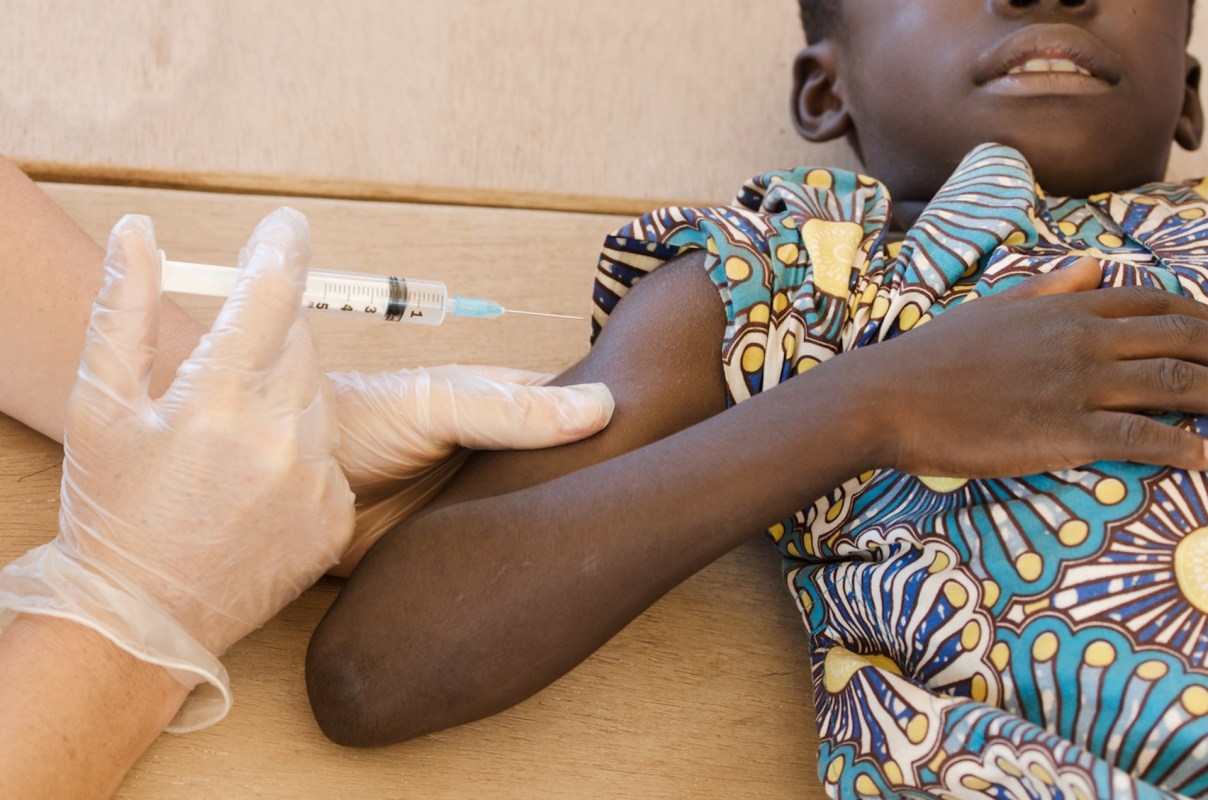In just a few short years, millions of children in impoverished areas have been given the opportunity to celebrate more birthdays — a milestone once out of reach for many.
The United Nations recently reported child deaths worldwide reached a historic low in 2022. Advancements in certain vaccinations, improved access to higher-quality healthcare through community workers, and nutrition have all contributed to this achievement.
"Through decades of commitment by individuals, communities, and nations to reach children with low-cost, quality, and effective health services, we've shown that we have the knowledge and tools to save lives," said Catherine Russell, UNICEF's executive director, in the report.
Every child saved represents a beacon of hope, an opportunity to reach adulthood, become a future leader, and contribute significantly to society. The more children we save, the more we support overall population growth, which is projected to nearly stop at the end of this century, according to a Pew Research Center analysis of data from the United Nations. This concept may seem daunting, but it also holds immense potential for change.
Significant hurdles remain. Despite the global child mortality rate declining by more than 50% since 2000 for children under five, nearly half of the 4.9 million deaths in this age group in 2022 were newborns, per the UN.
Areas in Africa and Southern Asia continue to be hot spots for these preventable deaths at least partly due to their tropical climates becoming warmer from human-caused pollution, which increases how transmissible malaria can be.
"This year's report is an important milestone," said Dr. Juan Pablo Uribe, the Global Director for Health, Nutrition, and Population at the World Bank. "But this is simply not enough."
While a significant driver of the remaining child deaths is illnesses like malaria, from which children under five are at a significantly higher risk of severe infection, it's crucial to note malaria is preventable and curable, and significant progress is already being made, per the World Health Organization.
The death rate from malaria is dropping in part because of vaccination breakthroughs. In 2019, a $70 million program for the first malaria vaccine started in Africa showed deaths among young children decreased by 13%, and severe cases reduced by 22% over the course of a four-year program.
Scientists may have also discovered that liquid soap can make certain insecticides significantly more potent, which is notable because mosquitoes are becoming more resistant.
Join our free newsletter for weekly updates on the coolest innovations improving our lives and saving our planet.









